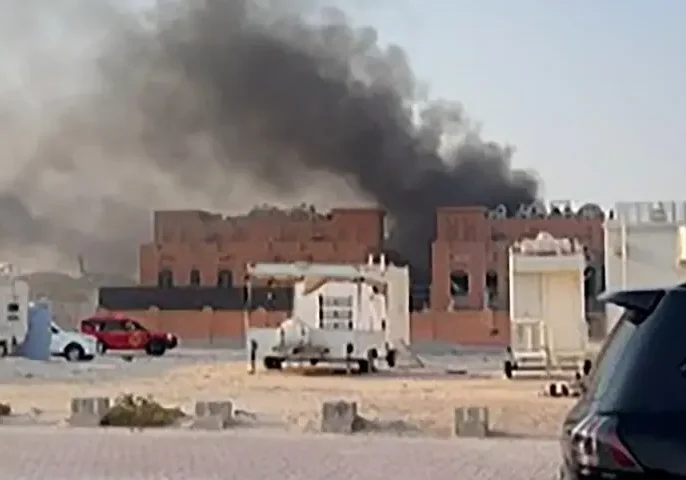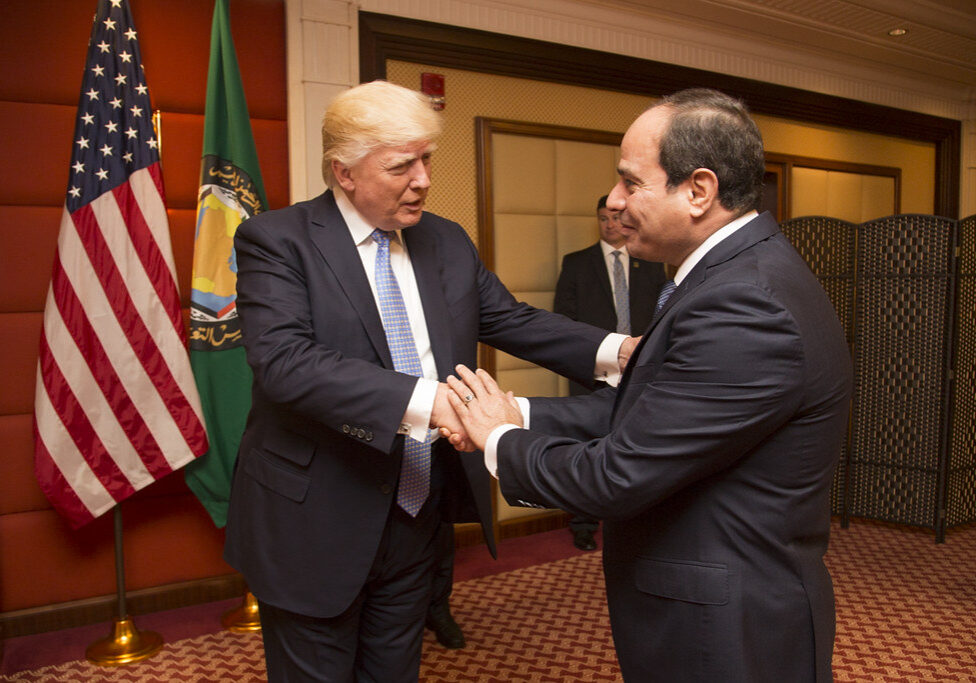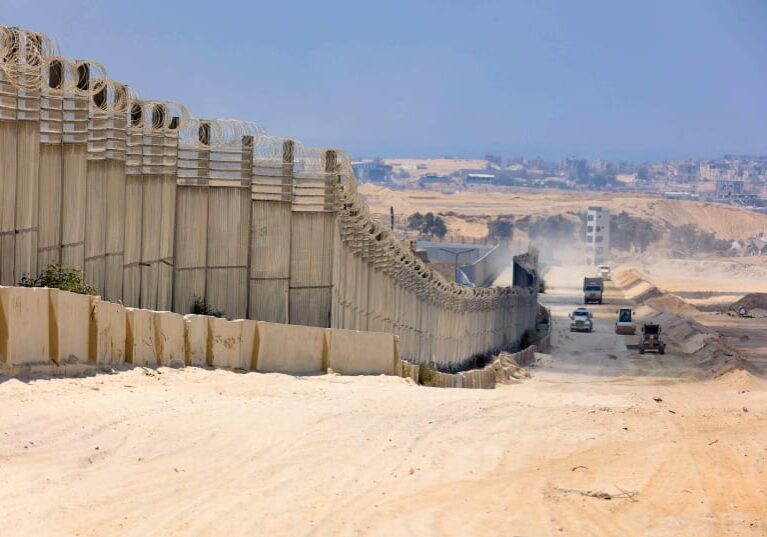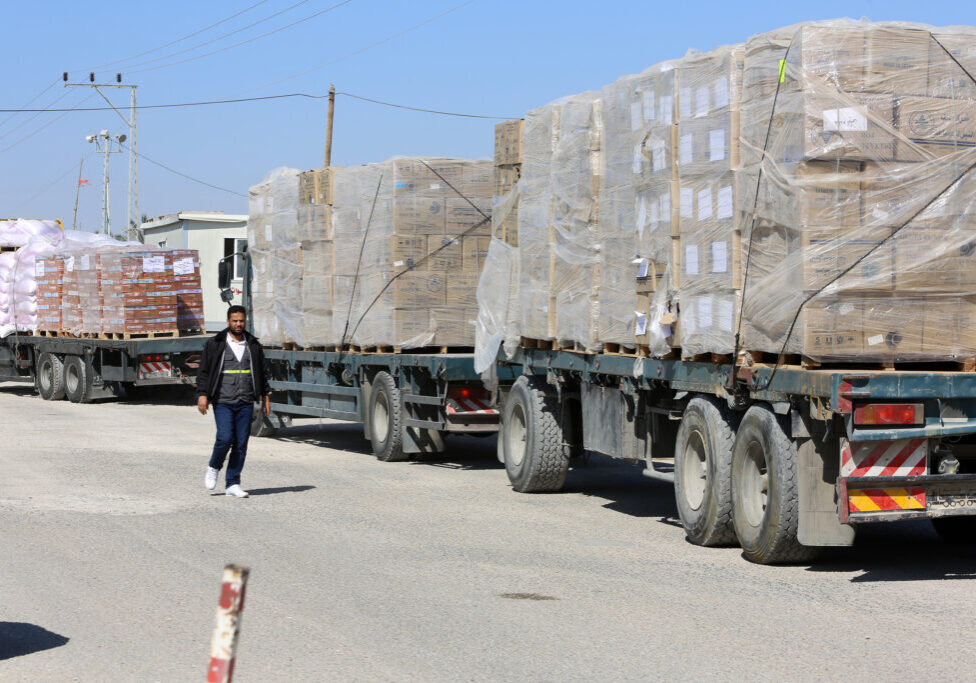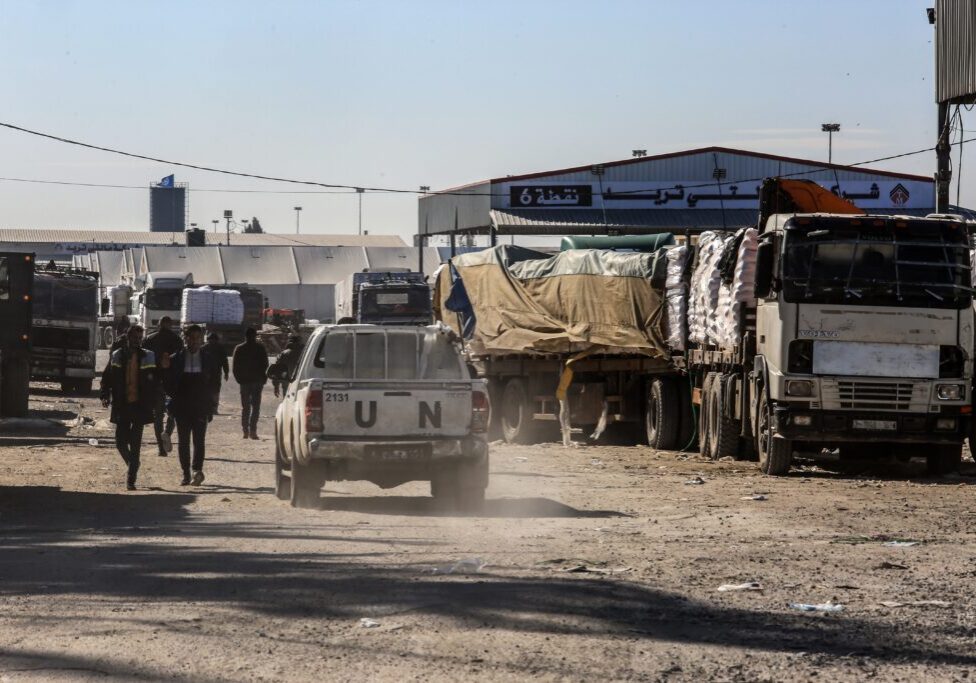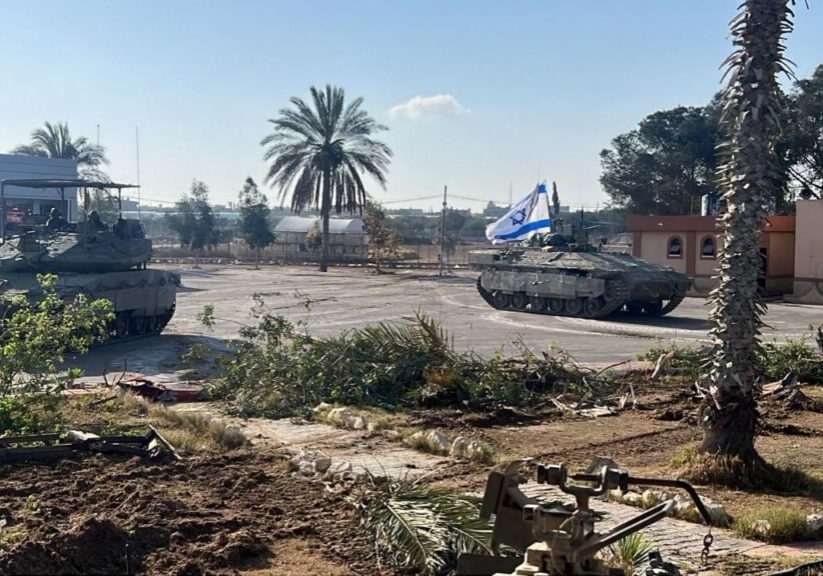Australia/Israel Review
Behind the News – March 2018
Mar 7, 2018 |
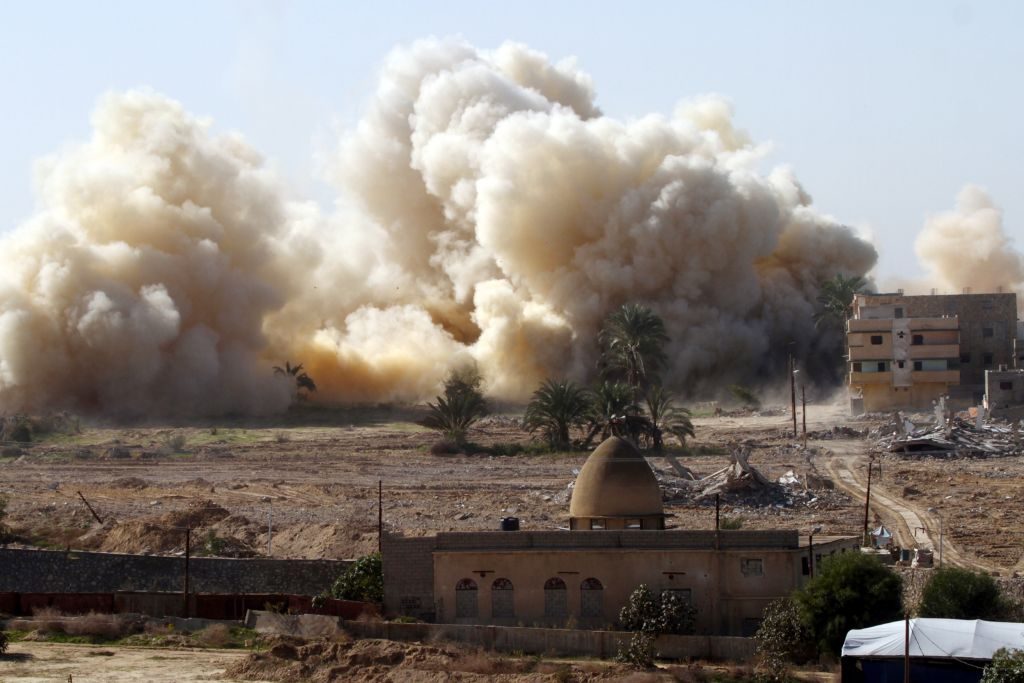
TERROR AND ROCKET REPORT
On Feb. 17, four IDF soldiers were wounded (two of them seriously) by a Palestinian explosive device hidden inside the pole of a Palestinian flag placed along the border fence with Gaza. The IDF responded with airstrikes against Hamas targets in Gaza, also hitting a terror tunnel site
On Feb. 5, Itamar Ben Gal, 29, was stabbed to death by a Palestinian at the Ariel Junction in the West Bank.
Between Feb. 7 and 14, there were three attempts by Palestinians to smuggle pipe bombs into an Israeli West Bank military court.
On Jan. 31, Feb. 1 and Feb. 2, rockets fired from Gaza landed in open areas in Israel. Another rocket struck a home on Feb. 17 without causing injury to the family inside, while another on Feb. 18 landed in an open area. Israeli forces responded by hitting Hamas military infrastructure in Gaza, including a second underground tunnel system.
Terror attacks using knives, rocks and Molotov cocktails continued throughout the past month.
EGYPT EXPANDS ANTI-TERROR CAMPAIGN IN SINAI, AIDED BY ISRAEL
American and British officials have revealed that Israel has been actively assisting Egypt in its prolonged war against jihadists and ISIS terrorists in the Sinai Peninsula. The collaboration over more than two years has seen a variety of unmarked Israeli aircraft such as drones, helicopters and jets carry out more than 100 airstrikes in the northern Sinai, helping turn the tide of battle there.
In mid-February, the Egyptian army began a major new campaign to curb terrorism in Sinai. Significant air, land and sea forces were engaged and wide-scale arrests of hundreds of suspected terrorist operatives occurred, with considerable weaponry seized.
The Egyptian army has also reportedly bulldozed hundreds of homes and olive groves to build a buffer zone around the Al-Arish airport. As a result, thousands of local residents were displaced, and are being moved to nearby cities with promises of government compensation.
HAMAS ATTEMPT TO FUNNEL FUNDS VIA TURKEY
In January, Israel’s Shin Bet internal security service arrested two suspects – a Turkish academic and an Israeli-Arab – who are accused of funnelling Hamas terror funds to West Bank activists via Turkey.
“During the investigation, it became clear that Hamas is in direct contact with Turkish authorities,” the Shin Bet said in a statement.
The investigation also found that a Turkish Government adviser, Adnan Basha, founded a company, SADAT, in order to supply Hamas with money and weapons.
ISRAEL REACTS TO GAZA’S DETERIORATING SITUATION
With the Gaza Strip’s economic situation reportedly deteriorating, Israel is taking steps to try to ameliorate conditions.
On Jan. 31, Israel presented an international committee coordinating Palestinian development aid with a US$1 billion humanitarian assistance proposal at a meeting in Brussels. The plan focused on desalination, electricity and natural gas infrastructure projects, as well as upgrades to the industrial zone at the Erez border crossing with Israel. Israel also said it would permit electricity generators to be taken into Gaza. Israel proposed the projects be funded by the international community, with the PA taking full control of civil affairs in the Gaza Strip for the plan to be realised.
Gaza has suffered from worsening electricity supplies shortages due to a dispute over electricity payments between the PA and Hamas, but in early January, the PA decided to renew electricity supplies to Gaza and resume payments for power generated by Israel. According to Israeli media reports, that decision came following a secret “ultimatum” from Israel, threatening to unilaterally withhold funding for electricity for Gaza from tax revenue transfers to the PA if the PA did not reverse the ban.
In addition, in late January, Israel’s Water Authority signed an agreement with the Gaza Electricity Distribution Company to supply Gaza with electricity to operate a sewage treatment facility. The project cost is around US$75 million and was funded by the World Bank and donor countries.
ISIS FIGHTERS FLEE SYRIA FOR HOME OR OTHER TERROR HOTSPOTS
According to intelligence assessments, thousands of Islamic State foreign fighters and their family members have escaped the Western-led military campaign in eastern Syria. They have escaped by going into hiding in parts of Syria and Turkey, defecting to Al-Qaeda’s branch in Syria, returning to their home countries, or joining conflicts in Libya, Yemen and the Philippines.
Some Palestinian ISIS recruits are reportedly joining the Islamic State in the Sinai Peninsula to battle both Egypt and Hamas, according to Hezbollah-affiliated Lebanese newspaper Al Akhbar. The percentage of Gazans in the Islamic State’s Sinai branch was estimated to be 10%.
Counter-terror officials also estimate that up to 1,500 ISIS-affiliated individuals have returned to Europe.
ASSAD REGIME STILL USING CHEMICAL WEAPONS
UN investigators say that Syria’s Assad regime has used chemical weapons in the form of chlorine bombs in civilian areas at least six times since the beginning of the year. The most recent attacks were allegedly against Saraqeb in Idlib and Douma in eastern Ghouta in early February.
Meanwhile, laboratory tests have also for the first time conclusively linked sarin gas used in the deadly 2013 attack in Ghouta, which killed hundreds of civilians, to the regime’s stockpiles. It has also been revealed that German technology, approved for sale by Germany to an Iranian company, was used in recent Syrian chemical weapons attacks.
IRAN’S 23 BALLISTIC MISSILE TESTS
In spite of the Iran nuclear deal, and the accompanying UN Security Council resolution calling for Iran to refrain from ballistic missile tests, the Iranian regime has fired a total of 23 ballistic missiles since agreeing to the deal, according to new study by the Washington thinktank, the Foundation for Defence of Democracies. This is despite increasing tensions and international condemnation each time a launch or prospective launch has occurred. The report also finds that as many as 16 of the missiles tested were nuclear-capable.
IRAN PRODUCING WEAPONS IN LEBANON
New reputed details have emerged about two weapons factories Iran is reportedly building covertly in Lebanon.
International intelligence publications report that Iran had built underground factories in two separate Shi’ite towns in Lebanon. One near the town of Hermel in the Bekaa Valley in the north can produce the fairly-accurate Fateh 110 missile with a range of to 300 kilometres and a half-ton warhead. Another is located between the towns of Sidon and Tyre in south Lebanon and is capable of producing surface-to-air and anti-tank missiles as well as unmanned aerial vehicles.
ISRAEL-LEBANON BORDER TENSIONS
Israel is facing tensions with Lebanon on two fronts: on land and at sea.
On Feb. 7, Lebanese leaders called Israel’s construction of new walls along sections of its northern border an “aggression against Lebanon”.
A spokesperson for the United Nations Interim Forces in Lebanon (UNIFIL) has agreed with Israel’s claim that the walls do not encroach on Lebanon’s territory, despite Lebanese claims to the contrary. The walls are designed to protect Israeli civilians living in far northern villages and kibbutzim and in many places, replace existing fences.
An ongoing maritime border dispute has also flared up, with Lebanon calling for tenders for offshore oil and gas exploration in a disputed area in the Mediterranean Sea.
Israeli Defence Minister Avigdor Lieberman described Lebanon’s actions as “very provocative”, but Energy Minister Yuval Steinitz stated, “We hope for and are prepared to reach a diplomatic solution to the matter.”
Tags: Egypt

